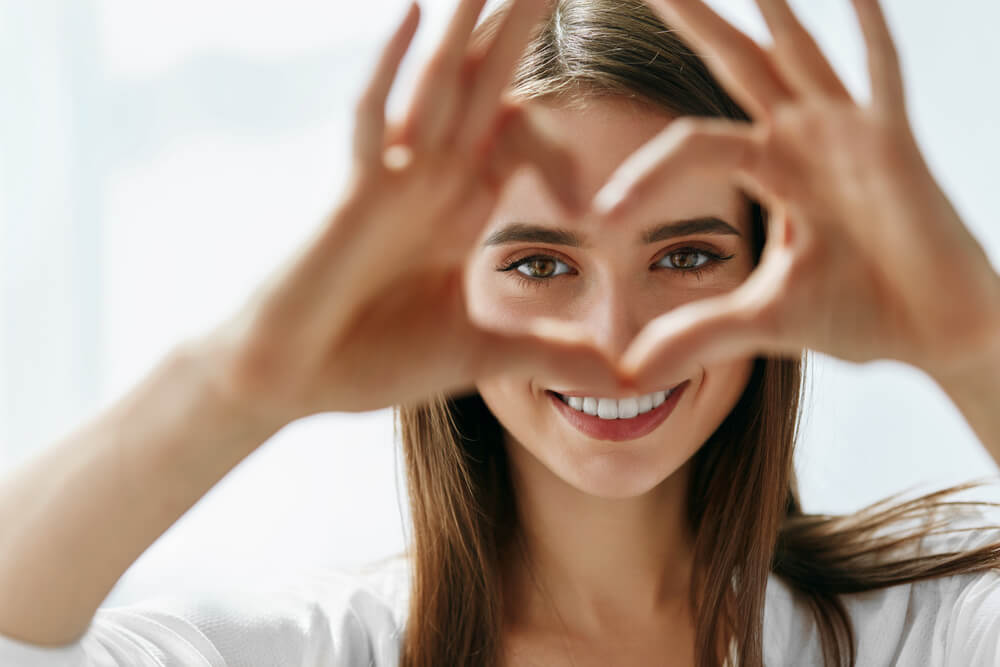All Categories
Featured

While most individuals comprehend the relevance of protecting their skin from the sunlight, the unsafe results of ultraviolet (UV) rays on eye wellness commonly go overlooked. However, extreme direct exposure to UV radiation can cause a variety of eye problems, a few of which can cause irreversible damages. Whether you're taking in the sunlight on a summer day or walking outdoors on a cloudy mid-day, guarding your eyes from UV rays is important. Below's what you need to understand about the results of UV radiation on your eyes and exactly how to shield them.
What Are UV Rays? UV rays are a kind of electro-magnetic radiation emitted by the sun. They are categorized right into 3 kinds:
UVA Rays: These pass through deep right into the skin and eyes and can add to long-lasting damage. UVB Rays: These rays are more extreme than UVA and are primarily in charge of surface-level damage to the eyes and skin. UVC Rays: These are the most harmful however are mainly absorbed by the Earth's ozone layer and don't generally reach us. UVA and UVB rays are the main wrongdoers behind eye-related damages.
Short-Term Impacts of UV Exposure on the Eyes. Also short-term direct exposure to intense UV rays can harm your eyes. One typical problem triggered by this is photokeratitis, or "sunburn of the eye." Symptoms of photokeratitis include:
Agonizing, red eyes. Level of sensitivity to light. Tearing or extreme watering. Temporary vision loss or blurry vision. Photokeratitis is typically momentary, however it functions as a caution of just how harmful UV exposure can be, also in small doses.
Long-Term Impacts of UV Exposure. Prolonged direct exposure to UV radiation can lead to more serious and irreversible eye problems, such as:
Cataracts: UV rays can speed up the development of cataracts, a condition that triggers clouding of the eye's natural lens, resulting in fuzzy vision and, if untreated, blindness.

Macular Deterioration: UV exposure can damage the retina, especially the macula, boosting the risk of age-related macular deterioration (AMD), which affects main vision.
Pterygium: A growth of cells on the white component of the eye that can prolong over the cornea, triggering pain, inflammation, and vision troubles.
Pinguecula: UV exposure can trigger yellowish deposits to create on the conjunctiva, resulting in irritability and dryness.
Skin Cancer Around the Eyes: The fragile skin surrounding your eyes is highly at risk to UV radiation, raising the risk of skin cancers cells like basic cell cancer and squamous cell carcinoma.
How to Shield Your Eyes from UV Rays. Shielding your eyes from UV rays is basic and needs a few mindful habits:
Purchase Top Quality Shades: Select sunglasses that block 100% of UVA and UVB rays. Try to find labels that define "UV 400" security. Wrap-around designs are optimal as they block UV rays from the sides too.
Use a Wide-Brimmed Hat: A hat with a border a minimum of three inches large can dramatically lower UV direct exposure to your eyes and face.
Restriction Exposure Throughout Top Hours: UV rays are strongest between 10 a.m. and 4 p.m. If you must be outdoors during these hours, make certain you're appropriately shielded.
Do Not Be Deceived by Clouds: UV rays can permeate via clouds, so it is essential to wear sunglasses also on cloudy days.
Safeguard Your Eyes Year-Round: Snow, sand, and water can show UV rays, intensifying their impacts. Eye protection isn't simply for warm summer season days-- guarantee you're covered in all seasons.
Usage UV-Blocking Get In Touch With Lenses: Several get in touch with lenses currently come with UV security. If you wear contacts, ask your eye physician concerning lenses with integrated UV filters for added defense.
Motivate Eye Defense for Kid: Children's eyes are more delicate to UV rays since their lenses are clearer, allowing even more radiation to get to the retina. Ensure they wear sunglasses and hats during outside tasks.
Regular Eye Examinations. Regular examinations with an eye care professional are vital for very early detection of any type of UV-related damage. An optometrist or eye doctor can examine your eyes, recommend protective actions, and identify conditions like cataracts or macular deterioration early.
Conclusion. By using UV-blocking sunglasses, limiting sunlight exposure throughout optimal hours, and staying constant with eye examinations, you can guarantee your eyes stay healthy and balanced and your vision continues to be clear for years to come. Protecting your eyes from UV radiation isn't simply concerning comfort-- it's an essential action in protecting your long-lasting eye health.
Latest Posts
Find Outstanding Vehicle Maintenance Services in Chicago – Drive with Confidence
Uncover Affordable Auto Repairs with Montclare’s Limited-Time Service Specials
Identifying When Your Car Needs Professional Vehicle Service at Montclare Auto Repair
More
Latest Posts
Find Outstanding Vehicle Maintenance Services in Chicago – Drive with Confidence
Uncover Affordable Auto Repairs with Montclare’s Limited-Time Service Specials
Identifying When Your Car Needs Professional Vehicle Service at Montclare Auto Repair